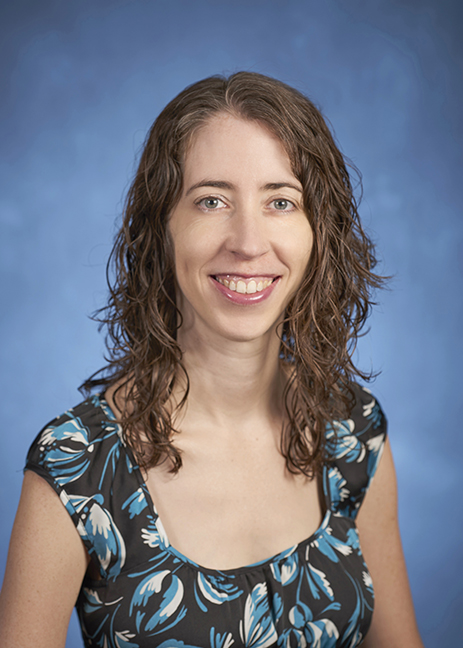
When Erica Frankenberg co-founded the Center of Education and Civil Rights with colleague Liliana Garces, her goal was to address the racial, ethnic, economic and linguistic segregation that continues to permeate schools across our nation.
Although more than six decades have passed since school segregation was declared inherently unequal in Brown v. Board of Education, the topic is timely, relevant and in the news – as is Frankenberg's research on racial desegregation and inequality in K-12 schools, and the connections between school segregation and other metropolitan policies.
With busing and civil rights being key topics in the current Democratic presidential debates, the professor of education (educational leadership) has found herself in the spotlight, being interviewed and quoted in national news outlets as an expert on those subjects.
"There are several ways in which research I've done directly informs current discussions," Frankenberg said. "First, I've done research about Berkeley's integration plan, so when Kamala Harris talked about how she benefited from having participated in Berkeley's voluntary desegregation effort, I could directly inform what had occurred in Berkeley."
Frankenberg also has referred more generally to her research, including studies done with current and former graduate students, about the broader landscape of voluntary integration, as well as prominent district efforts such as the efforts in Louisville, featured in the New York Times on July 28.
"I've also published a review of public opinion research about school desegregation including tools to achieve it like busing, as well as federal laws requiring intervention – several of the points that arose in the Biden-Harris exchange," Frankenberg said. "Right now, I'm working on a study of the federal role in desegregation and given that this arose during a presidential debate, questions about what the federal government actually can do are something that I can address."
Frankenberg's work on the extent of school segregation today, as well as the connection between school and housing segregation, also helped to inform a number of stories published by The New York Times, The Washington Post, PBS News Hour, LA Times, Associated Press, PolitiFact and 1A, among others. She also has been a guest on talk radio programs to talk about school segregation and why it matters: the WVON 1690 Midday Show with Perri Small and "The Santita Jackson Show" on WCPT820/Chicago's Progressive Talk.
Having Frankenberg's research cited by so many news outlets helps bring it to the forefront in other areas as well.
"I hope it causes writers, readers, leaders, educators and parents to all think more carefully about school desegregation and policies that could change the patterns that exist," Frankenberg said. "I've also tried to point out that busing is not the goal, but merely a tool to achieve integration – a goal that has widespread support and a policy that has been shown to have a range of benefits for students of all races/ethnicities."
By infusing her research into the conversation, Frankenberg hopes to help bring a better level of understanding to these complex issues, and to help inform potential solutions.
While Frankenberg arguably is one of the most visible members of the faculty in the College, she is far from alone in her focus on social justice and equity issues in education.
"I’m hopeful that my being in the spotlight right now helps to aid our collective reputation as a College of Education whose faculty are doing important work around some of the most pressing issues of education in terms of racial equity and inclusion today," Frankenberg said.
Kevin Kinser, head of the Department of Education Policy Studies in the College of Education, agrees.
"Our program is defined by the quality of our faculty. The public recognition of Dr. Frankenberg's scholarship is one way that potential students can see what they will be getting if they enroll in the program," Kinser said. "Our ranking as a program also is built on reputation. This positive recognition helps people see who we are and what we do, boosting our visibility to a national audience."
For more about Frankenberg's research, visit https://cecr.ed.psu.edu/ online.